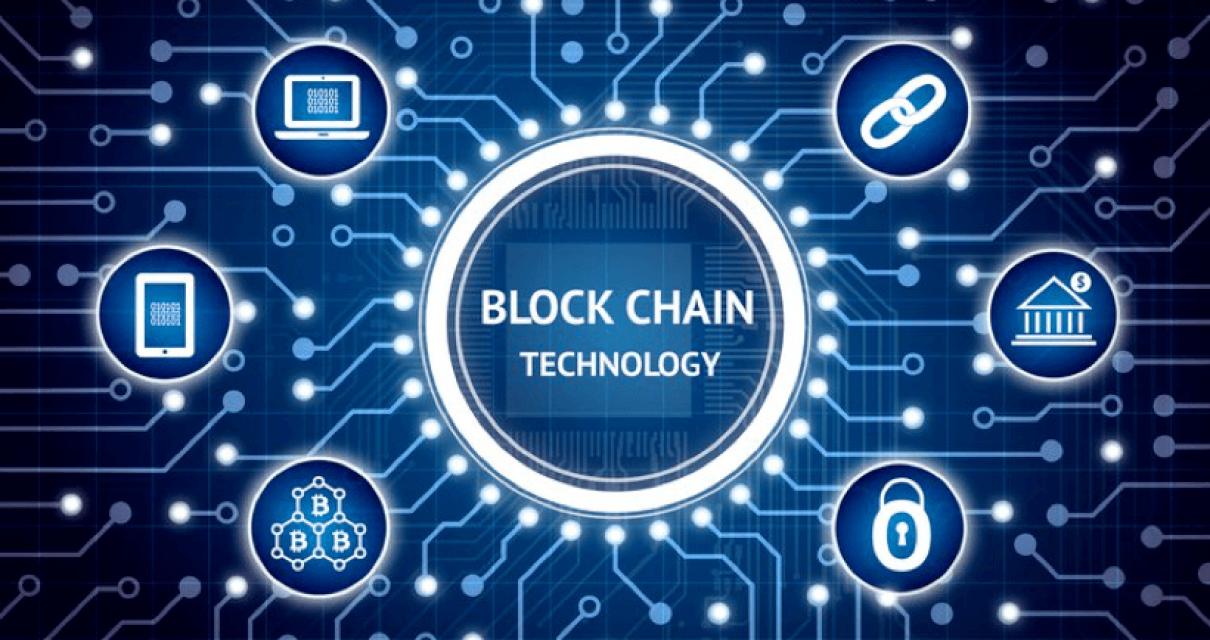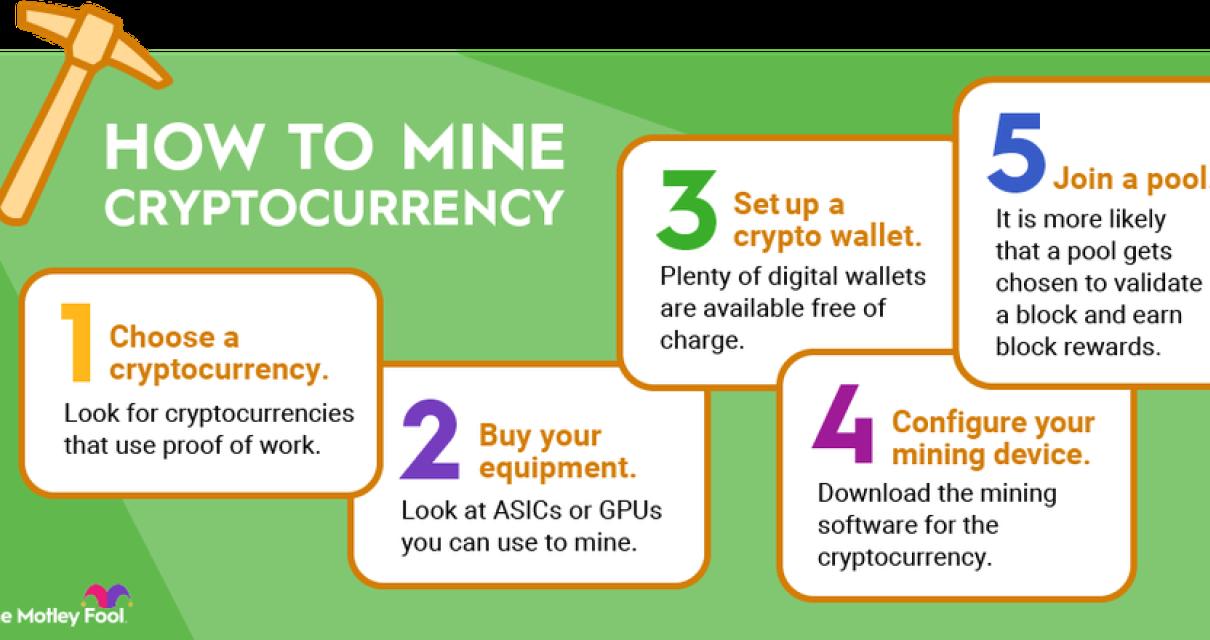Bitcoin: A Beginner's Guide
Bitcoin is a virtual currency that uses cryptography to secure its transactions and to control the creation of new units. Bitcoin is unique in that there are a finite number of them: 21 million.
Bitcoins are created as a reward for a process known as mining. They can be exchanged for other currencies, products, and services. As of February 2015, over 100,000 merchants and vendors accepted bitcoin as payment.
How Bitcoin Works
Bitcoin is a digital asset and a payment system invented by Satoshi Nakamoto. Transactions are verified by network nodes through cryptography and recorded in a public dispersed ledger called a blockchain. Bitcoin is unique in that there are a finite number of them: 21 million.
Users can send and receive bitcoins, with no middle man – meaning, no banks! Bitcoin is pseudonymous, meaning that funds are not tied to real-world entities but rather bitcoin addresses. Owners of bitcoin addresses are not explicitly identified, but all transactions on the blockchain are public.
Bitcoin is created as a reward for a process known as mining. They can be exchanged for other currencies, products, and services. As of February 2015, over 100,000 merchants and vendors accepted bitcoin as payment.
What is Blockchain Technology?
Blockchain technology is a distributed database that allows for secure, transparent, and efficient transactions. It is a digital ledger of all cryptocurrency transactions. Each block contains a cryptographic hash of the previous block, a timestamp, and transaction data. Bitcoin, the first and most well-known blockchain application, uses a proof-of-work system to create a record of every bitcoin transaction. Ethereum uses a proof-of-stake system.

How Blockchain Can Change the World
The potential of blockchain technology is difficult to overstate. It has the potential to revolutionize virtually every aspect of our lives, from the way we conduct business to the way we interact with each other.
Here are just a few of the ways blockchain could change the world:
1. It Could Revolutionize the Way Business is Done
One of the most important potential applications of blockchain technology is in the way business is done. Blockchain allows for secure, tamper-proof transactions between parties. This could allow for a more efficient and secure way of doing business, reducing the costs and time associated with conducting transactions.
2. It Could Redefine the Way We Interact with Each Other
Another important potential application of blockchain technology is in the way we interact with each other. Blockchain can help to reduce the reliance on middlemen, such as banks, and allow for more direct and transparent interactions between individuals and businesses. This could lead to a more streamlined and efficient way of doing business, which would be beneficial to both parties involved.
3. It Could Lead to a More Secure World
One of the most important potential benefits of blockchain technology is its ability to create a more secure world. Blockchain is based on cryptography, which makes it difficult for anyone to tamper with or hack into the data stored on the blockchain. This could lead to a more secure world where data is not easily stolen or altered.
4. It Could Lead to a More Efficient World
Blockchain technology could also lead to a more efficient world. Due to its secure and tamper-proof nature, blockchain could be used to track and store information regarding transactions and contracts. This could help to speed up the processing of these transactions and make them more reliable and accurate.
What is Bitcoin Mining?
Bitcoin mining is the process of adding new bitcoins to the system. Miners are rewarded with bitcoin for verifying and adding transactions to the blockchain. Bitcoin mining is a competitive and risky activity.
What is a block?
A block is a group of transactions that have been verified by miners and added to the blockchain. Blocks are secured by cryptography and are added to the blockchain in chronological order. Each block contains a cryptographic hash of the previous block, a timestamp, and transaction data.
How to Buy Bitcoin
There is no one-size-fits-all answer to this question, as the best way to buy bitcoin varies depending on your location, financial situation, and trading preferences. However, some of the most common methods for buying bitcoin include:
1. Buy bitcoin through an online exchange.
2. Use a bitcoin ATM.
3. Buy bitcoin from a bitcoin broker.
4. Trade bitcoin for other cryptocurrencies or fiat currencies.

Bitcoin vs Ethereum: Which is Better?
Bitcoin and Ethereum are two of the most popular cryptocurrencies in the world. They both have their own benefits and drawbacks, so it's important to choose the right one for your needs. Here are some key differences between the two:
Bitcoin is more centralized.
Ethereum is more decentralized.
Bitcoin offers faster transactions.
Ethereum offers greater flexibility and programmability.

5 Reasons to Invest in Bitcoin
Bitcoin is a digital asset and a payment system invented by Satoshi Nakamoto. Bitcoin is unique in that there are a finite number of them: 21 million. They are created as a reward for a process known as mining. They can also be exchanged for other currencies, products, and services.
1. Bitcoin is decentralized
One of the key features of Bitcoin is that it is decentralized. This means that there is no central authority or bank in charge of Bitcoin. This makes it difficult for governments or financial institutions to control or manipulate the currency.
2. Bitcoin is secure
Bitcoin is secure because it uses cryptography to protect it from being tampered with. Bitcoin transactions are verified by network nodes through cryptography and recorded in a public dispersed ledger called a blockchain. Bitcoin is unique in that there is a finite number of them: 21 million. This makes it more difficult for someone to create an unlimited number of bitcoins and thus tamper with the currency.
3. Bitcoin is efficient
Bitcoin is efficient because it uses a global network to process transactions. This network allows for quick and easy transactions. Transactions are verified by network nodes through cryptography and recorded in a public dispersed ledger called a blockchain. Bitcoin is unique in that there is a finite number of them: 21 million. This makes it more difficult for someone to create an unlimited number of bitcoins and thus tamper with the currency.
4. Bitcoin has low fees
One of the benefits of using Bitcoin is that it has low fees. This means that transactions are fast and affordable. Bitcoin also has low transaction fees compared to traditional payment methods.
5. Bitcoin has potential
Bitcoin has the potential to become a global currency. This is because it is decentralized and secure. Additionally, Bitcoin has low fees and is efficient.
3 Risks of Investing in Bitcoin
There are a few risks associated with investing in bitcoin. First, bitcoin is a new currency and may not be accepted by all merchants. Second, bitcoins are not subject to government or financial institution control, which could lead to price volatility. Finally, bitcoin is not insured by any government or financial institution, so your investment could be lost if something happens to the bitcoin network.
Should You Invest in Bitcoin?
Bitcoin is a digital asset and a payment system invented by Satoshi Nakamoto. Transactions are verified by network nodes through cryptography and recorded in a public dispersed ledger called a blockchain. Bitcoin is unique in that there are a finite number of them: 21 million.
Bitcoin has been controversial since its creation; some commentators view it as an investment, while others see it as a currency with high risk.
How to Safely Invest in Bitcoin
There is no one-size-fits-all answer to this question, as the best way to safely invest in bitcoin depends on your individual circumstances. However, some tips on how to safely invest in bitcoin include:
1. Do your research. Before investing in any type of cryptocurrency, be sure to do your research and weigh the risks and rewards of investing. Bitcoin is no exception. There are a variety of factors to consider, including the volatility of the currency, the security of your investments, and the potential for scams.
2. Stay informed. As with all investments, be sure to stay up-to-date with the latest news and developments related to bitcoin and other cryptocurrencies. This will help you make informed decisions about whether or not to invest.
3. Store your bitcoin securely. Always store your bitcoin safely and securely, preferably in a digital wallet or cryptocurrency exchange wallet. Do not store your bitcoin in plain sight, as hackers may be able to steal them if they find their way into your possession.
4. Use caution when making purchases. Before making any bitcoin or cryptocurrency purchases, be sure to do your research and take into account the risks associated with those investments. Make sure you understand the terms and conditions of any exchanges or wallets you use.